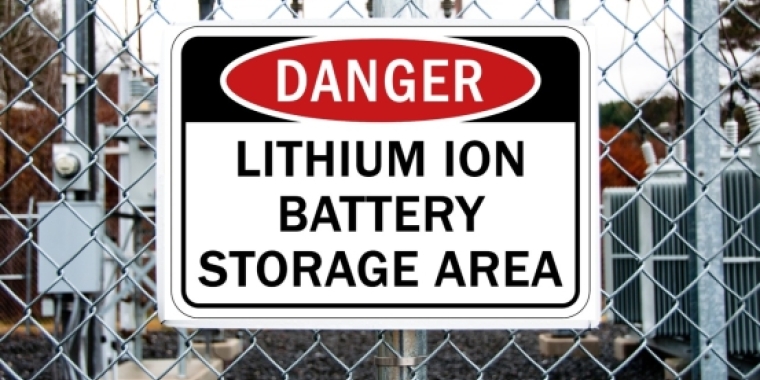
SENATOR LANZA & DEPARTMENT OF ENVIRONMENTAL PROTECTION "FIX A LEAK" OUTREACH EVENT AT HOME DEPOT
In New York City a Running Toilet Can Cost a Homeowner up to $50 per day
The New York City Department of Environmental Protection (DEP) is hosting a series of public outreach events at select Home Depot hardware stores around the city to educate New Yorkers about the high cost of residential water leaks and simple steps homeowners can take to detect leaks and repair them. The outreach events are being held in recognition of the U.S. Environmental Protection Agency’s Fix a Leak Week which is celebrated each March to remind Americans to check their household fixtures and irrigation systems for leaks. At DEP’s outreach events, staff will distribute literature along with leak detector dye tablets designed to quickly identify leaky toilets. In addition, DEP has created a brief public service announcement about detecting leaky toilets that can be viewed on YouTube.
Nationwide, household leaks can waste more than 1 trillion gallons of water annually, equal to the annual water use of more than 11 million homes. Leaks are not only wasteful they can also be very expensive for homeowners. In New York City, a running toilet can waste between 30 and 4,000 gallons of water each day and cost homeowners up to $50 per day. Common types of leaks found in the home include worn toilet flappers, dripping faucets, and other leaking valves. All are easily correctable and making simple repairs can save homeowners on their water bills. For more tips on detecting leaks and making repairs click here.
DEP’s Fix a Leak Week event will be held at Home Depot’s at the below time and location on Staten Island:
· Saturday March 22 10am-2pm 2750 Veterans Road, Staten Island, NY
DEP manages New York City’s water supply, providing more than one billion gallons of water each day to more than nine million residents, including eight million in New York City. The water is delivered from a watershed that extends more than 125 miles from the city, comprising 19 reservoirs and three controlled lakes. Approximately 7,000 miles of water mains, tunnels and aqueducts bring water to homes and businesses throughout the five boroughs, and 7,500 miles of sewer lines and 96 pump stations take wastewater to 14 in-city treatment plants. DEP has nearly 6,000 employees, including almost 1,000 in the upstate watershed. In addition, DEP has a robust capital program, with a planned $14 billion in investments over the next 10 years that will create up to 3,000 construction-related jobs per year. This capital program is responsible for critical projects like City Water Tunnel No. 3; the Staten Island Bluebelt program, an ecologically sound and cost-effective stormwater management system; the city’s Watershed Protection Program, which protects sensitive lands upstate near the city’s reservoirs in order to maintain their high water quality; and the installation of more than 820,000 Automated Meter Reading devices, which will allow customers to track their daily water use, more easily manage their accounts and be alerted to potential leaks on their properties. For more information, visit nyc.gov/dep, like us on Facebook at facebook.com/nycwater, or follow us on Twitter at twitter.com/nycwater.
###
How a Bill Becomes Law
Learn More-
Senator has new policy idea
-
Idea is drafted into a Bill
-
Bill undergoes committee process
-
Senate and Assembly pass bill
-
Bill is signed by Governor



